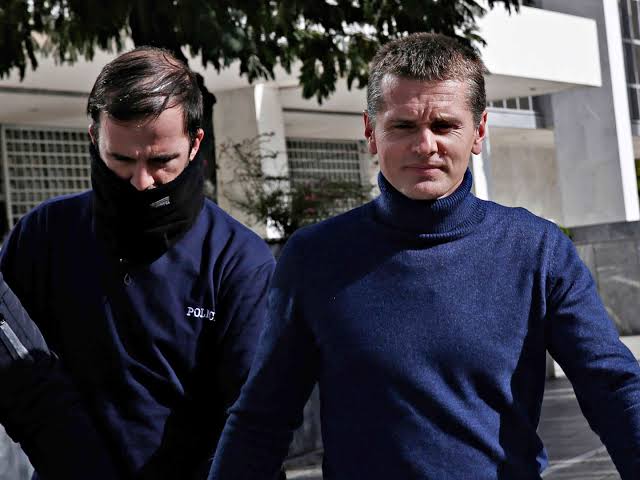The United States Sentencing Guidelines and other statutory considerations will be taken into consideration by a federal district court judge when determining the defendant’s punishment.
Co-founder of BTC-e, a purportedly illegal bitcoin exchange, Alexander Vinnik, has acknowledged his involvement in a money laundering scheme involving cryptocurrency exchanges. This acknowledgment comes after a more thorough investigation that showed numerous illicit activity between 2011 and 2017 on the exchange.
The US Department of Justice (DOJ) stated that under Vinnik’s direction, BTC-e handled over $9 billion in transactions and had over a million customers worldwide, a large portion of them were US citizens. The United States Sentencing Guidelines and other statutory considerations will be taken into consideration by a federal district court judge when determining the defendant’s punishment.
The platform was used to launder money obtained from a variety of illegal acts, such as ransomware attacks, computer hacking, and drug trafficking, according to the U.S. Department of Justice.
The DOJ claims that an investigation found that BTC-e did not follow certain legal compliance procedures, such as registering with the Financial Crimes Enforcement Network (FinCEN) and putting in place Know Your Customer (KYC) or Anti-Money Laundering (AML) procedures.
Due to these flaws, BTC-e became well-liked by those looking to hide financial activities from authorities. It was also found that Vinnik had set up multiple shell corporations and bank accounts throughout the world, which allowed money to be transferred illegally via BTC-e. At least $121 million in criminal losses were caused by this conduct.
For the last five years, Vinnik has been involved in legal disputes because of his purported involvement as BTC-e’s mastermind. According to reports, the cryptocurrency exchange made money from a number of illegal operations that laundered about $4 billion worth of Bitcoin through the network. Vinnik was extradited to France in 2020 after being detained in Greece in 2017 on suspicion of money laundering after a U.S. warrant was issued. While Vinnik was found not guilty of any ransomware crimes in France, he was found guilty of money laundering and given a five-year prison sentence. With the argument that Vinnik was only an exchange employee and wasn’t involved in any illegal activity at BTC, Vinnik’s attorneys attempted a failed appeal.
He was extradited to the United States on August 5, 2022, following his two-year sentence in a French prison. Regarding Vinnik’s extradition to the US, the Justice Department acknowledged the Greek government’s cooperation. In an attempt to include him in a prisoner trading agreement between Russia and the United States, Vinnik had already attempted to arrange a prisoner swap.
The executives of cryptocurrency exchanges have been charged with identical felonies by US authorities. March 28: Sam Bankman-Fried, the former CEO of FTX, received a 25-year sentence for seven felonies.


